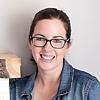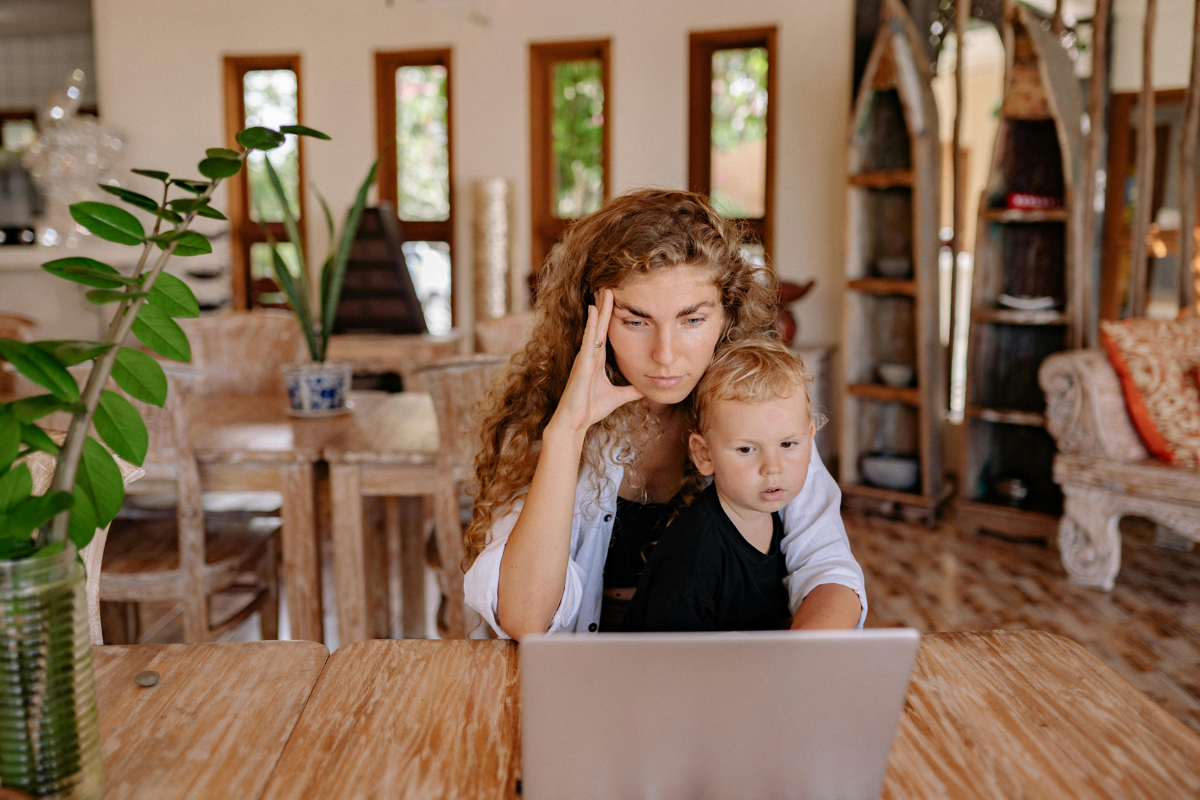
I became a parent before we all had access to smartphones. That makes me sound (and maybe) feel old, but I share that to set the stage for my personal parenting experience.
I did have access to the internet when I was first expecting and having children (I’m not *that* old). Which meant that as my cohort were coming into our parenting journey, many of us were able to seek answers beyond parenting books; there were blogs, websites and forums to find support.
And even back then, there was misinformation.
 I often wonder if all that access really did help me as a parent because it was so easy to find tips to make things easier, or if it made me more anxious because the internet was very good at telling me what I was doing wrong.
I often wonder if all that access really did help me as a parent because it was so easy to find tips to make things easier, or if it made me more anxious because the internet was very good at telling me what I was doing wrong.
Now, parents have even more information and ‘hot takes’ coming at them in the form of social media. Even AI like ChatGPT can provide you with some responses, but how accurate is it? How much trust should we place in finding out solutions from random internet voices? And is all this ‘advice’ making it harder for us to trust our own instincts?
In the age where it can be hard to find community, and even professional support like doctors are in shortage, it’s no wonder parents are seeking answers wherever they can.
My kids are older, and while I was online searching for potty-training tips and ‘where to find BPA-free reusable water bottles’, parenting older children became a bit more isolated. We don’t want to share our kids’ questions and concerns publicly of course, and a lot of people have opinions about teens and how they should behave that aren’t necessarily helpful or accurate.
I see a return to finding other parents and building community as I’ve gotten older. Not that I didn’t have it when I was parenting young children, but I definitely don’t rely on the internet as my first source of information.
Parents with new babies, toddlers and school-aged kids now have access to tips, hacks and advice across the internet. But like everything else, we should be concerned about trust and at times accuracy. Beyond that, while it can be a wonderful place to find like-minded fellow parents and connect, it also can make us feel bad about our own situations and how we’ve chosen to parent.
Parenting is wonderful, and complicated. If you are seeking answers or support, turn to trusted sources - and just like other information online, use four ways to tell if something is true online to verify accuracy for safety and for your own peace. Our article on Finding and verifying health and science information also has information on how to spot misinformation and recognize reliable sources.
Related resources:
- Self-guided workshop: Raising Digitally Resilient Kids
- Guide: Building Better Tech Habits
